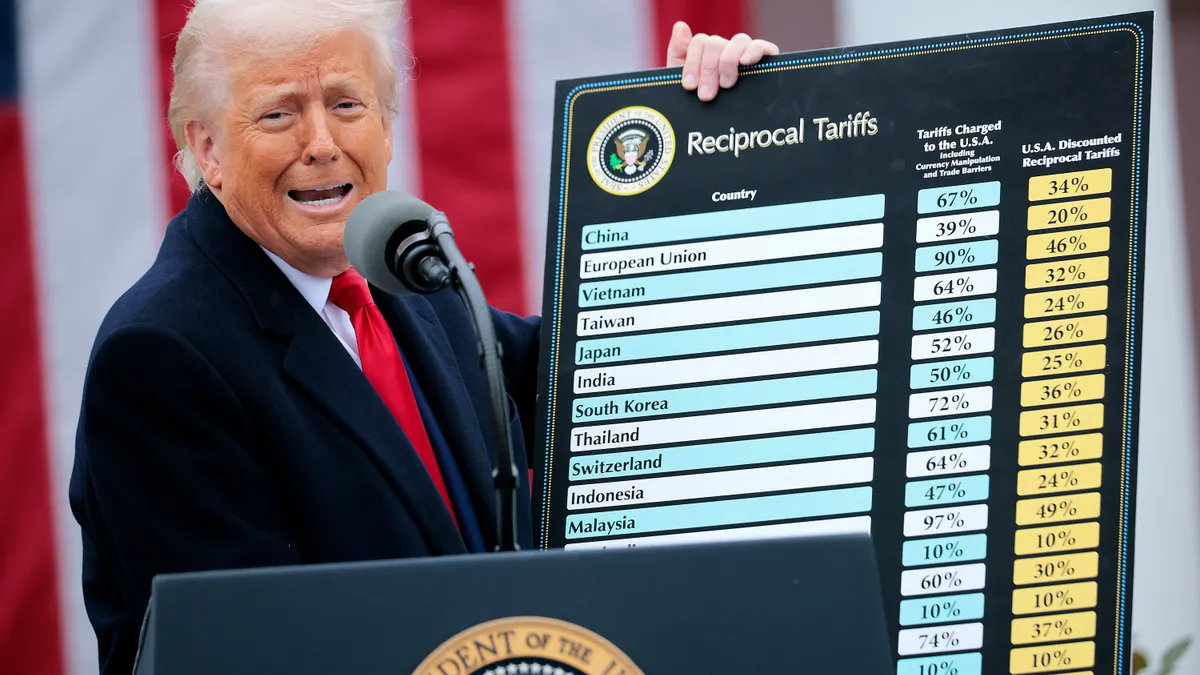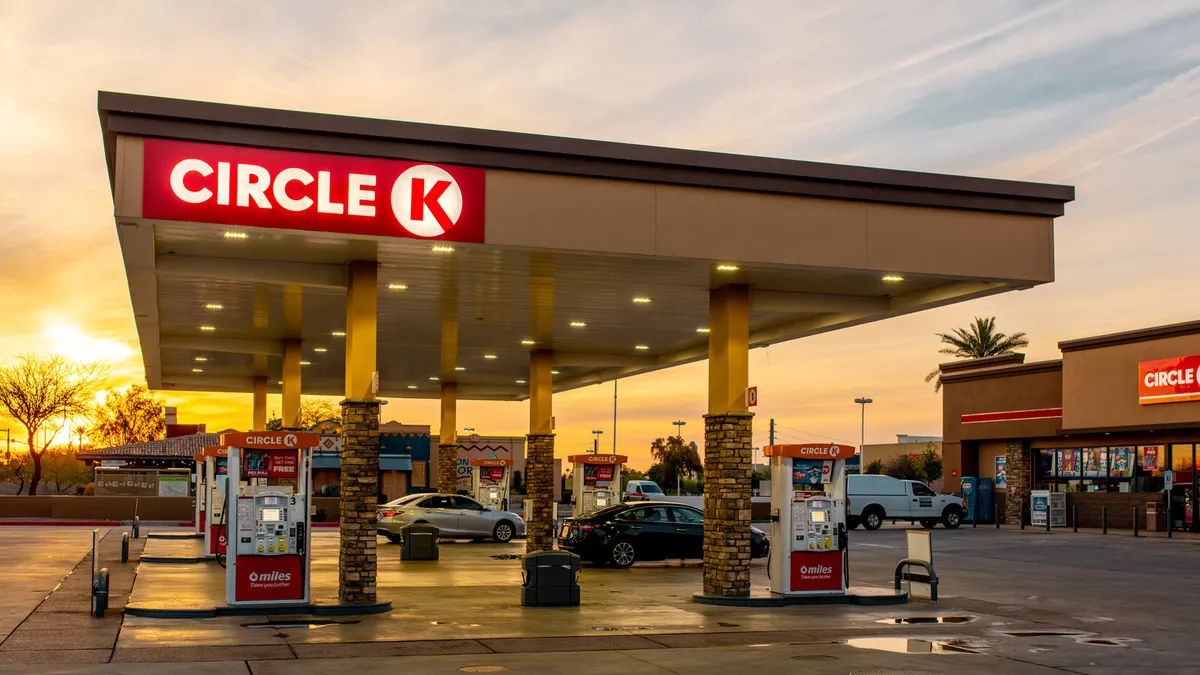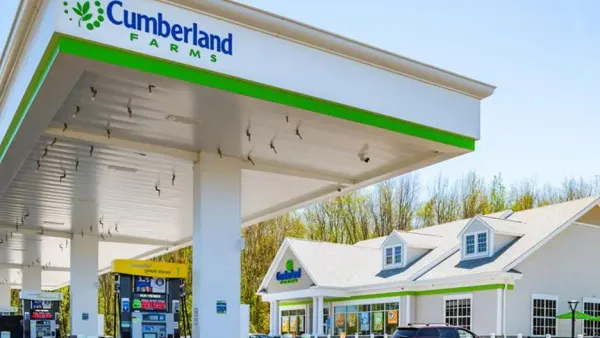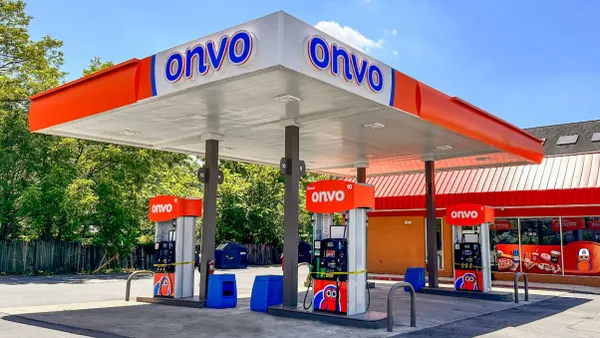In one of his first public interviews since being named CEO of Pilot Co., Adam Wright said he’s quickly noticed the speed at which the travel center and c-store industries operate compared to the energy sector, which is where he has spent the bulk of his time over the past two decades.
“We can literally change the pizza crust on our pizza tomorrow if we wanted to,” Wright said in a recent interview with CNBC. “It's just a different speed of play from an innovation standpoint.”
Pilot named Wright its new CEO on April 10, and he will take over the top role on May 30, succeeding current leader Shameek Konar. One of Wright’s top priorities as CEO will include improving Pilot’s guest experience — specifically, ensuring its facilities are as clean, fast and safe as possible, he said.
“We definitely need to make [the facilities] more appealing,” he said.
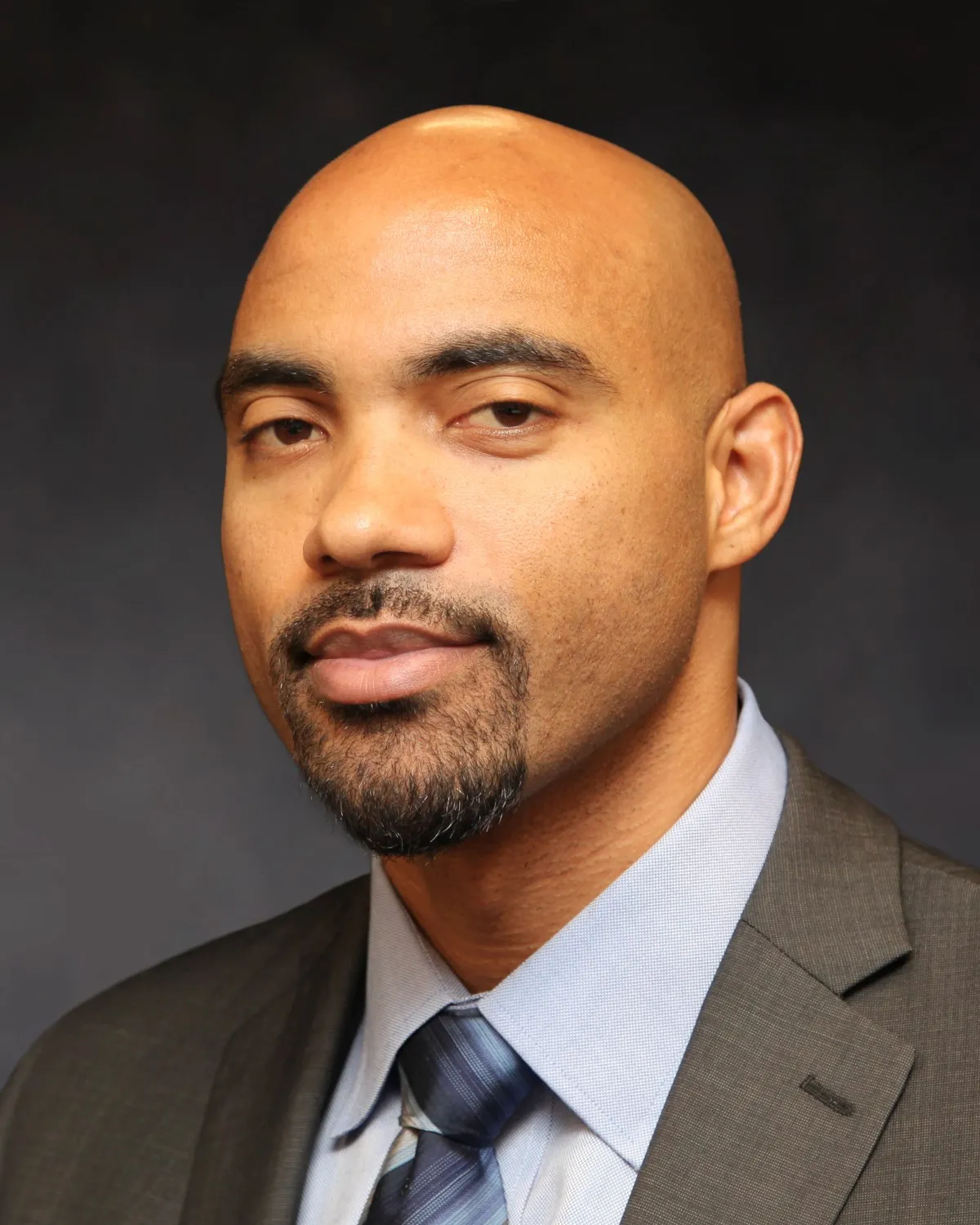
Pilot is in the process of remodeling stores across the country. The company’s $1 billion “New Horizons” initiative, which kicked off early last year, has so far added new foodservice options, revamped bathrooms and enhanced store departments at dozens of locations.
Additionally, Wright is set on enhancing Pilot’s team member experience and making changes that will help keep employees around for longer. He noted that the company’s non-leader stores experience a turnover rate of 150% per year.
This goes beyond paying employees well, Wright said. It also includes offering them the chance to develop professionally.
“There are a couple of things that [team members] always want to know: Do I belong, am I safe and do I have a future?” he said. “I think if we can give our team members that type of experience, they'll want to stick around for a long time.”
Wright also discussed Pilot’s electric vehicle charging initiative, which, as of last summer, included building a network of 2,000 fast charging stations across 500 of its U.S. travel centers. He said this program continues to make progress, but has been more difficult for Pilot’s trucking segment than standard EV drivers because of the required amount of energy needed per charge.
“Basically, it's taking what a typical house uses in a month and condensing that down to a one hour charge period,” Wright said of electric truck charging. “And that takes a ton of infrastructure. A lot has to get built for that to happen.”
Beyond the speed at which the travel center industry operates, Wright said he’s surprised by the amount of sophistication in the truckstop business — specifically, at how retailers are using consumer behavior data to spark innovation.
“You think truckstops, you think, diesel and maybe a Slurpee — but there's a whole ecosystem behind that,” he said. “There's a lot to get my arms around.”





